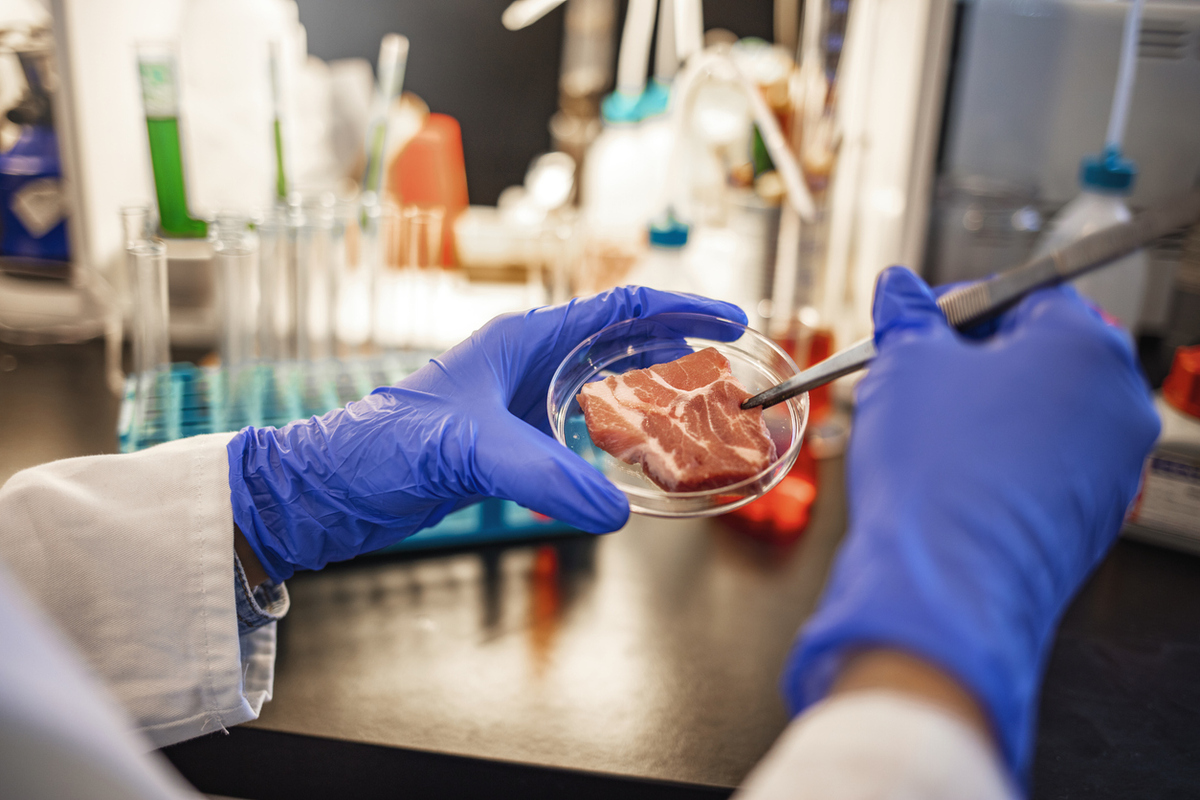
Researchers Engineered FGF2 Autocrine Signaling to Reduce High Costs in Cultivated Meat Production
January 31, 2024| |
Researchers from Tufts University and Massachusetts Institute of Technology have successfully engineered autocrine signaling to reduce fibroblast growth factor 2 (FGF2), which causes substantial high costs of media components in cultivated meat. The findings of the study published in Cell Reports Sustainability offer an alternative approach to lowering the costs of growth factor requirements.
Cultivated meat, also known as cultured meat or cell-based meat, is a promising technology that aims to reduce the environmental impact of meat production through cell culture. However, the market entry of cultivated meat is hampered by high costs brought about by cell culture media. Hence, the researchers said they engineered bovine muscle stem cells to reduce the need for FGF2.
The researchers suggest that various steps should also be taken to render this approach safe for use in food. Along with the benefits in growth, differentiation, and cost, the researchers also emphasized the importance of addressing public consideration of genetic modifications from a regulatory and consumer standpoint.
For more information, read the article from Cell Reports Sustainability.
| |
You might also like:
- World's First-to-Market Cultivated Meat Receives U.S. FDA Clearance
- Are UK Consumers Willing to Try Cultivated Meat?
- Is it Really Chicken?
Biotech Updates is a weekly newsletter of ISAAA, a not-for-profit organization. It is distributed for free to over 22,000 subscribers worldwide to inform them about the key developments in biosciences, especially in biotechnology. Your support will help us in our mission to feed the world with knowledge. You can help by donating as little as $10.
-
See more articles:
-
Plant
- EU Proposal for Gene-Edited Plants Gets First Green Light from Parliament
- VIB Submits Application for Field Trial of Genome-edited Maize
- Study Finds Maize Gene Vital in Pollen Fertility and Crop Yield
-
Animal
- CRISPR Improves Behavioral Choice of Zebrafish to Prey-like Visual Stimuli
- Researchers Engineered FGF2 Autocrine Signaling to Reduce High Costs in Cultivated Meat Production
- Gene Genies: Gene Editing by Filipino Scientists (Applications in Livestock and Aquaculture)
-
Health
- Novel Approach Shows Biomarkers for Development and Disease
- Resin Eliminates Coronavirus on Plastic Surfaces
-
Read the latest: - Biotech Updates (February 18, 2026)
- Gene Editing Supplement (January 28, 2026)
- Gene Drive Supplement (February 22, 2023)
-
Subscribe to BU: - Share
- Tweet

